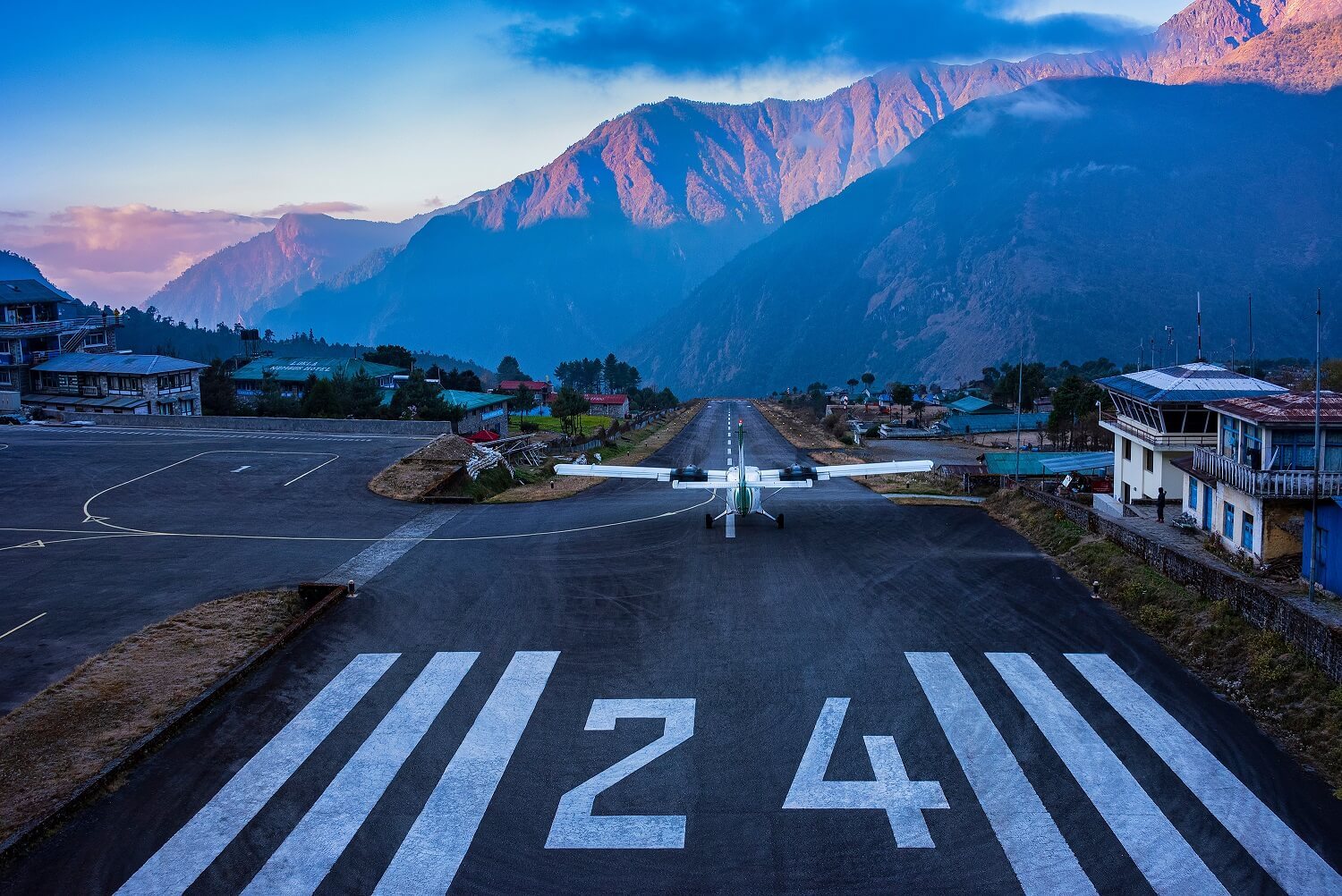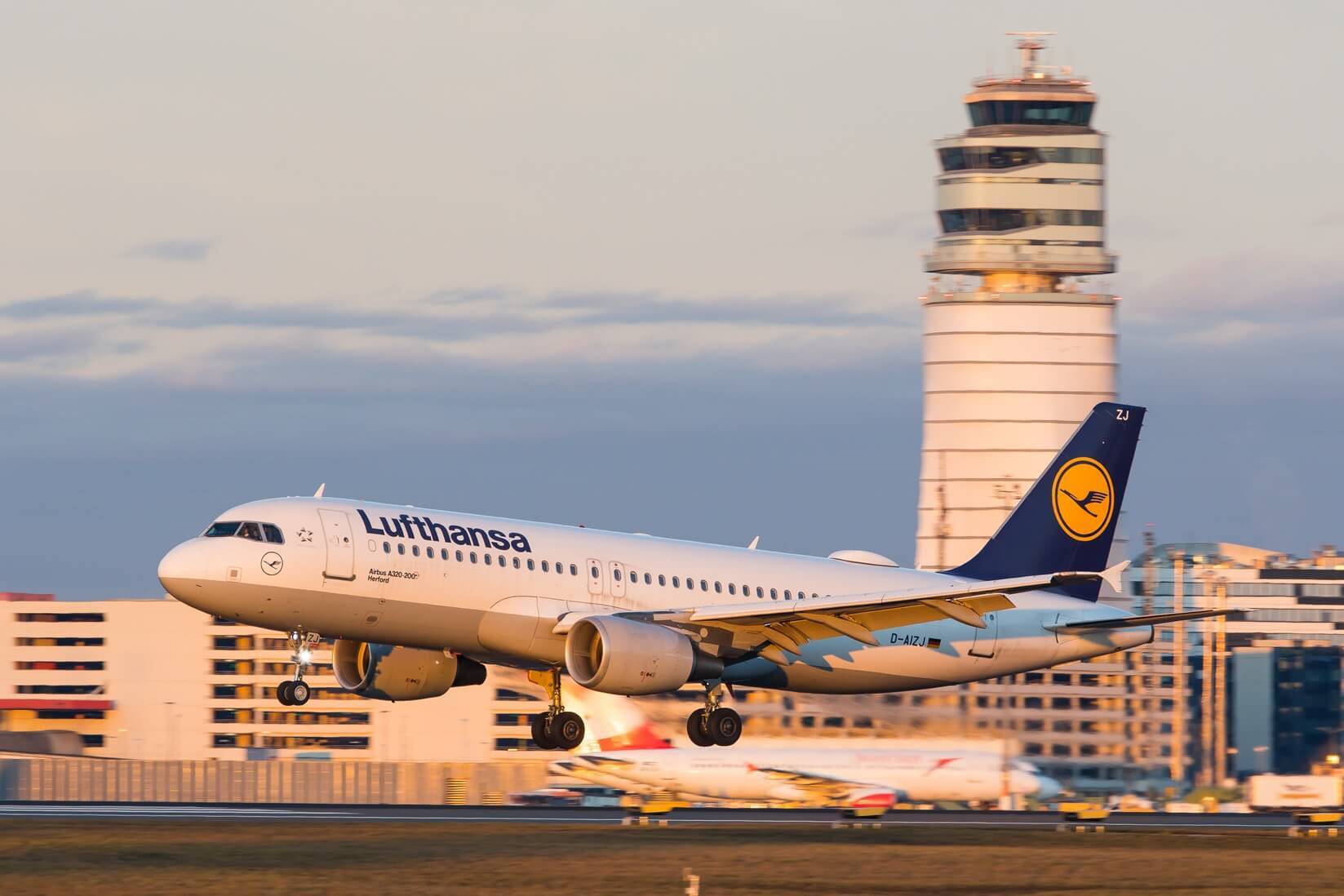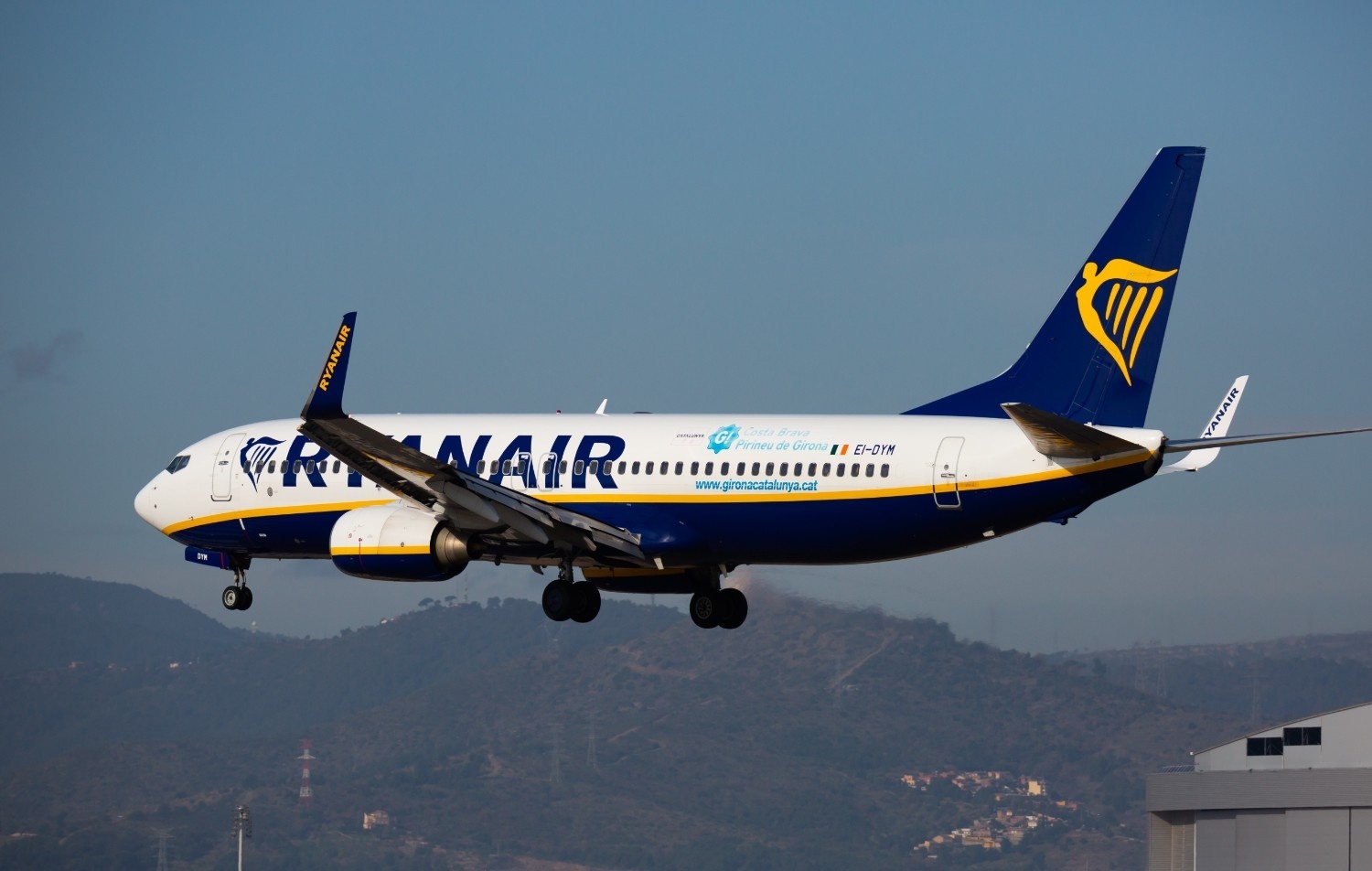Emerging tech in luggage tracking
The overwhelming joy and thrill of taking off with a plane, the stunning views from the sky and the excitement that very soon you will reach your destination – it’s the best experience in the whole world. Unfortunately, not every flight is smooth and sometimes it is also stressful. One of those stressful situations is losing your luggage and it’s a common one. For many years, airlines have been under the heat and expectations of making their luggage handling process better. But as technology is developing rapidly, so is the luggage handling. Does airlines are improving in reality? In this article, we will discuss closely those changes and how beneficial are those improvements for travellers.
The problem of lost or missing luggage
According to the 2023 SITA Baggage IT Insights report, the problems of late, lost, or damaged baggage remain persistent, with millions of bags affected every year. Those incidents are very costly, meaning billions of dollars every year, but it just as much affects the image of airline and their relationship with customers.
The biggest issue is the complexity of airline operations. With so many points of contact, including check-in counters, conveyor belts, ground handling, and connecting flights, it is easy to see how a single point of failure could result in lost luggage. Thus, tracking systems have become an essential part of the airline industry.
New technologies in luggage tracking emerging technologies provide the hope of more efficient and accurate methods of luggage tracking. Some of them are as follows:
RFID tags
How it works: These are small devices that contain a microchip and an antenna to transmit and receive data. Since RFID tags do not need to be scanned directly, as is the case with traditional barcodes, they work faster and are more likely to be accurate in tracking.
Airline adoption: Delta Air Lines has been a pioneer in the use of RFID; the technology is being used throughout the airline’s network. The effectiveness of the RFID system has been 99.9 percent accurate, greatly minimizing the rate of missing luggage.
Mobile applications for real-time updates
More and more airlines are including baggage tracking in their mobile applications. Travelers are sent real-time updates on their bags from check-in through to when they arrive at baggage claim.
Example: Alaska Airlines has enhanced its mobile app to improve transparency and reduce traveler anxiety.
GPS and IoT-enabled smart luggage
GPS and Internet of Things (IoT) technology are now being used in smart luggage solutions, enabling travelers to locate their bags through a smartphone application. These allow users to track the location of their luggage, including when it is outside the airport.
Challenges: Some airlines are introducing biometric integration into their systems. However, since aviation regulations require compliance with data protection laws, security and privacy remain concerns. Additionally, GPS trackers are often powered by lithium-ion batteries, which are subject to strict airline regulations.
Facial recognition and fingerprint scanning
The use of biometric technology assists in reducing human error in the luggage handling process.
Blockchain for a tamper-proof tracking system
This decentralized approach to data management is secure since it is difficult for someone to alter or lose luggage data.
Barriers to adoption however, there are still some challenges:
Cost: Implementing new systems requires investment in infrastructure, training, and support. Small airlines may not be able to afford these changes.
Standardization: With so many players in the industry, from airports to ground handling companies, standardizing technology across the entire industry is a challenge.
Regulatory barriers: Compliance with aviation and data protection regulations can slow down the adoption of new technologies.
Global initiatives of some organizations, including the International Air Transport Association (IATA), have a role to play in the development of the sector. IATA’s is requiring 753 airlines to track every bag at different points of the journey. This resolution has encouraged the airlines to adapt the RFID tag and other tracking technologies.
Traveler benefits and customer experience
New luggage tracking technologies are making it easier to keep track of bags and improving the overall travel experience. They give passengers more control and information, reducing anxiety. Airlines that use these technologies are likely to see more loyal customers.
As technology advances, luggage tracking will get even better. For example, artificial intelligence could help with route planning and handling, and 5G networks could make tracking systems faster and more reliable. However, how quickly these technologies are adopted depends on industry cooperation, regulations, and airlines' willingness to invest.
While there have been significant improvements, luggage tracking is not yet perfect. For now, travelers can use the available tools and technologies to help with their luggage during air travel.
Latest posts
Flight delays and cancellations in August 2025
Check which flights were delayed in August 2025 – you may still be entitled to claim up to 600 € in compensation.
Flight delays and cancellations in July 2025
Check which flights were delayed in July 2025 – you may still be entitled to claim up to 600 € in compensation.
Flight cancellations and delays in March 2024
Check which flights were delayed in March 2024 – you may still be entitled to claim up to 600 € in compensation.












